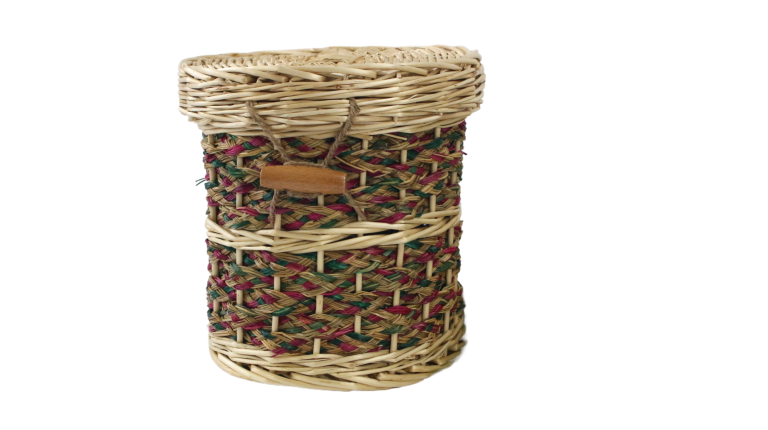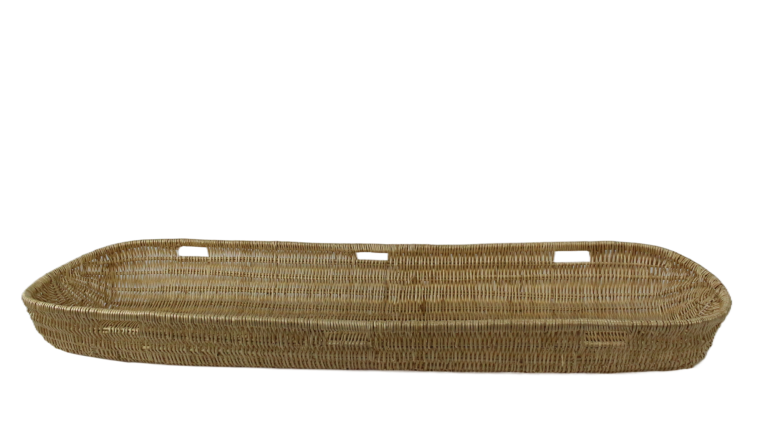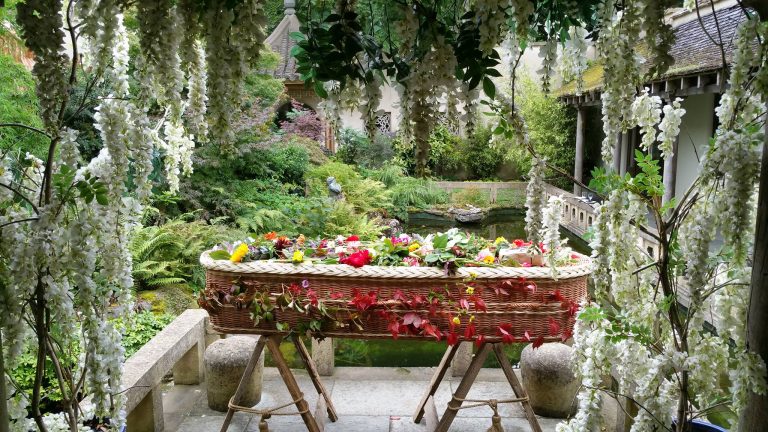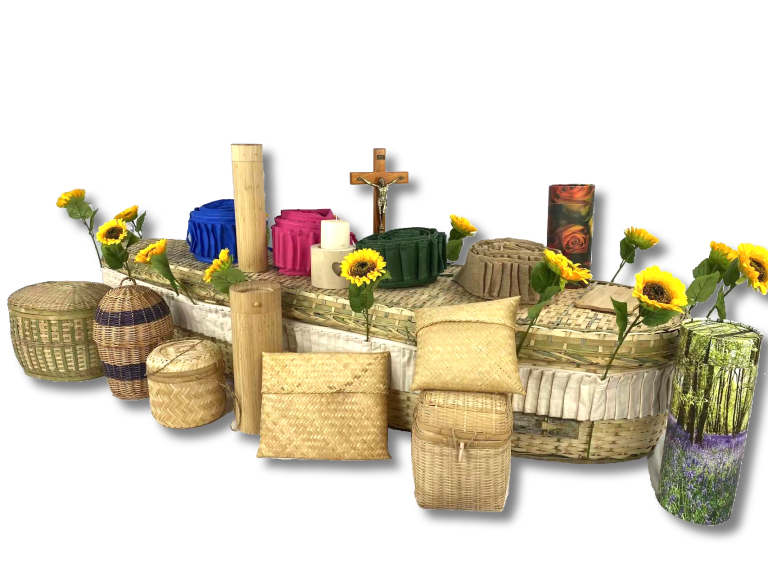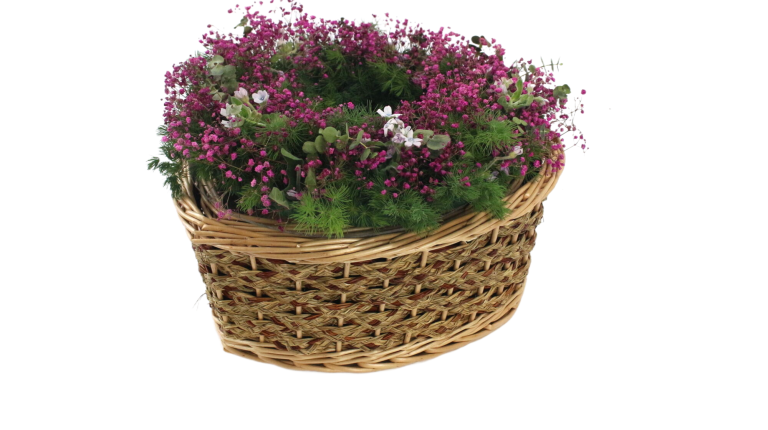With the rise of environmental awareness worldwide, woven coffins, handmade from renewable materials such as bamboo, wicker, and seagrass, are gaining traction as a sustainable burial option. These coffins are highly biodegradable, reducing carbon emissions and supporting ecological cycles. However, funeral customs are deeply influenced by religion, and acceptance of woven coffins varies across faiths. This article explores the perspectives of major religions and explores their compatibility with green burials.
Christianity is relatively receptive to woven coffins. Many denominations emphasize care for creation and promote green burial practices, such as biodegradable coffins. Roman Catholicism permits green burials, as long as they respect the integrity of the body and avoid extreme methods such as composting. Eastern Orthodox Christianity also encourages eco-friendly coffins, prohibiting metal coffins and embalming. Protestants, such as Anglicans, view woven coffins as the ultimate act of care for the earth. Overall, Christians view woven coffins as an environmentally friendly option consistent with their faith.
Islam traditionally avoids coffins, instead burying the body in a shroud directly in the soil to promote rapid decomposition. Coffins are considered undesirable (makrooh), but in some regions, such as the United States, simple wooden coffins may be used if required by cemetery regulations. Woven coffins may be accepted if they are biodegradable and do not prevent direct contact with the soil, but they must adhere to the principle of rapid burial. Muslim communities emphasize simplicity, and woven materials align with this spirit.
Jewish burials are highly accepting of woven coffins, as their burials are inherently environmentally friendly: simple wooden coffins are free of preservatives and metal, allowing for natural decomposition. Jewish law emphasizes returning to the earth, and woven coffins, such as willow, are fully biodegradable and kosher. Many Jewish communities have incorporated green burial into their traditions, promoting the use of sustainable coffins.
Hinduism primarily practices cremation, but some groups opt for burial. Woven coffins, such as bamboo coffins, are popular in environmentally friendly cremations or burials, embracing the concept of natural cycles. Some Hindus promote ecological practices that avoid pollution and view woven materials as a green alternative.
Buddhist funerals are flexible, often involving cremation and simple coffins. Woven coffins are readily accepted because of their sustainability, which aligns with the teachings of impermanence and harmony. Buddhists in Thailand and China often use eco-friendly coffins and support natural decomposition.
Other faiths, such as Taoism, emphasize harmony with nature and are highly accepting of green burials. Overall, most religions are adapting to environmental trends, and the acceptance of woven coffins is increasing in line with the Sustainable Development Goals, although specific customs must be respected. By 2030, the green burial market is expected to grow significantly, driving a global shift toward religious inclusion.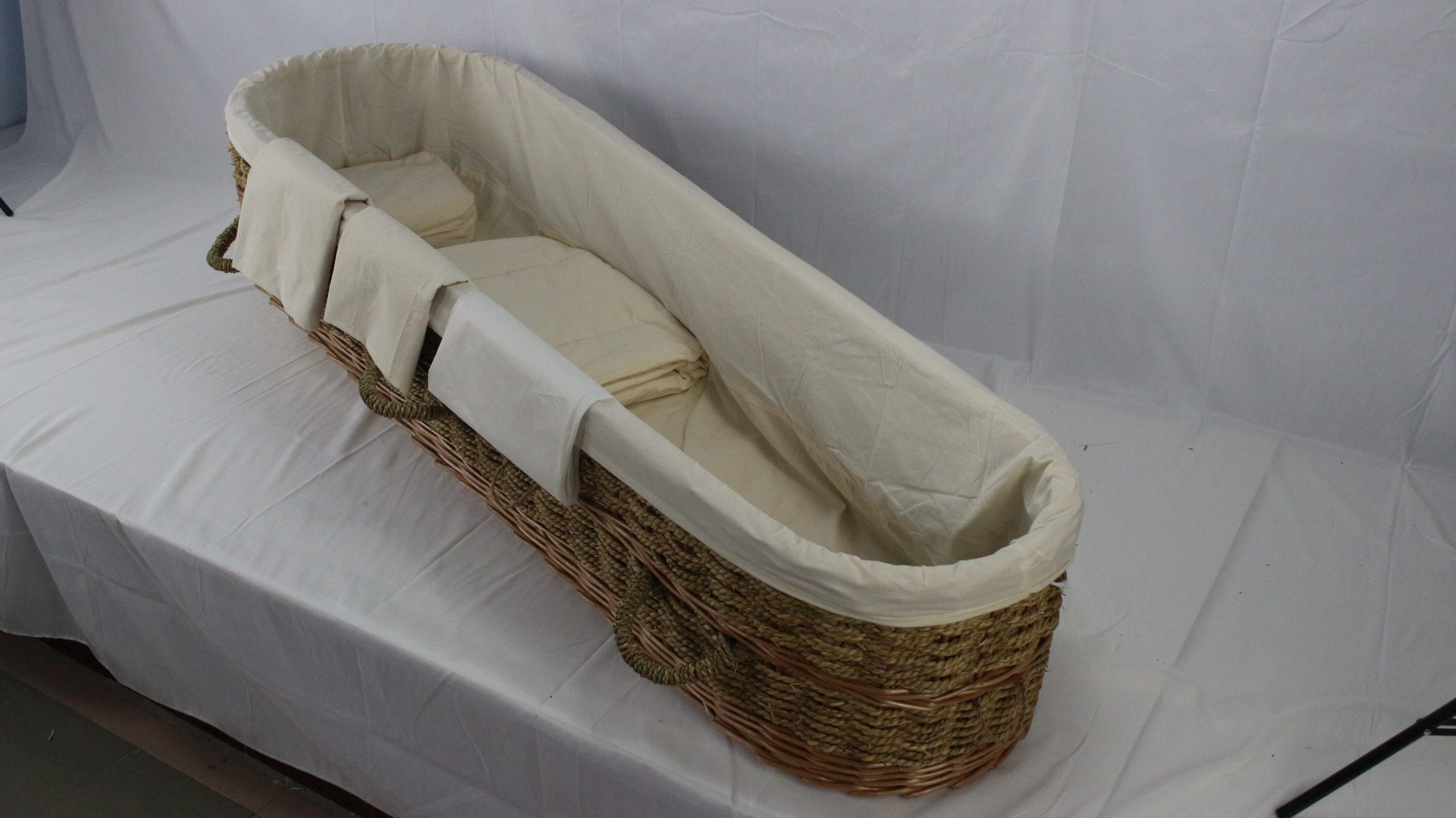
Roconly Funeral Supplies Co.,Ltd.
Whatsapp: +86-18265103836 (Whatsapp & Wechat & Tel)
Email: jason@roconly.com
#roconlycoffins#everecoffin#willowcoffins#bamboocoffins#burialflowerbands #naturalfuneral#flowerbands#woodcross#shrouds#cremation#greenfuneral #craftsmanship #chinafactory #petcoffin #petfuneral #peturn
We are a factory supporting eco friendly green funeral(natural willow coffins\bamboo caskets and so on) .. for detail please contact us www.roconly.com;
